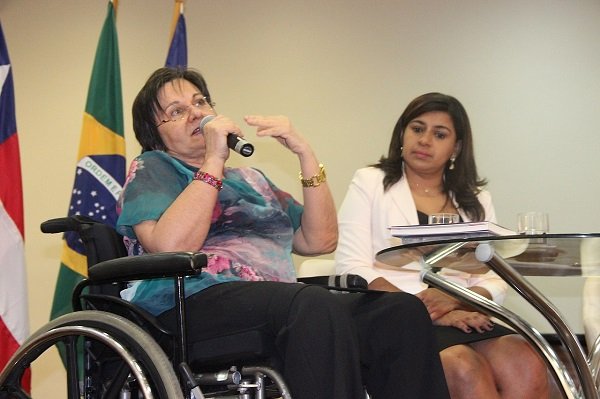President Luiz Inácio Lula da Silva (PT) sanctioned on Thursday (20/04) amendments to the Maria da Penha Law that guarantee women victims of violence protective measures based on testimony and without the need for criminal classification, a lawsuit, an inquiry, or an incident report. According to the text, urgent protective measures are granted when there is a risk to the physical, psychological, sexual, patrimonial, or moral integrity of the victim and her dependents.
This Content Is Only For Subscribers
To unlock this content, subscribe to INTERLIRA Reports.
What changes
Urgent protective measures may be given based on the victim’s testimony or based on a written allegation. Urgent protective measures will be granted regardless of the existence of criminal classification; a lawsuit; a police inquiry or a police report. And will remain in effect as long as there is a risk to the physical, psychological, sexual, patrimonial, or moral integrity of the victim or her dependents. The measures may be applied in all cases of domestic and family violence, regardless of the cause or motivation and condition of the aggressor or victim.
Maria da Penha Law
The Law was instituted to curb acts of physical, patrimonial, sexual, psychological and moral violence against women. It is considered a reference legislation worldwide in the fight against women violence. In addition to determining penalties for this type of crime, it created urgent protective measures for victims, such as the immediate removal of the aggressor, and projects such as the Specialized Police Stations for Assistance to Women. The bill amending the law was proposed by then Senator Simone Tebet (MDB) in 2022 and approved by the Parliament in March. Today, Tebet is Minister of Planning and Budget in the Lula government.
Experts’ View
Lawyers specialized in domestic violence highlight the importance of this amendment to preserve the lives of those who suffer this type of violence. They also explain that there was never any obligation for the existence of a Police Inquiry or Criminal Action, and that the law was never restricted to just a few types of domestic violence crimes, they also point out that despite this, some judges tend to not apply the law or not grant the protective measure due to the lack of investigation or criminal proceedings, or because they understand that the type of crime committed does not pose a risk to the physical integrity or health of the woman. The changes should make judges apply the Maria da Penha Law without looking at the subjectivities that exist in the processes, but in a more objective way. For Simone Tebet, project author, the purpose of the new law is to prevent judges or police from having different interpretations and, therefore, delaying the provision of protection.




